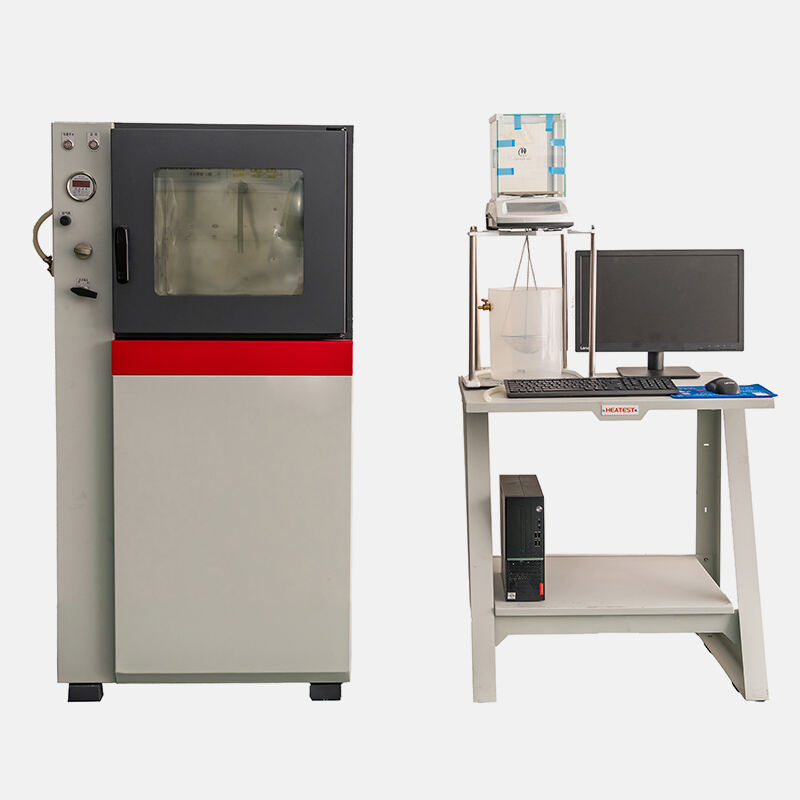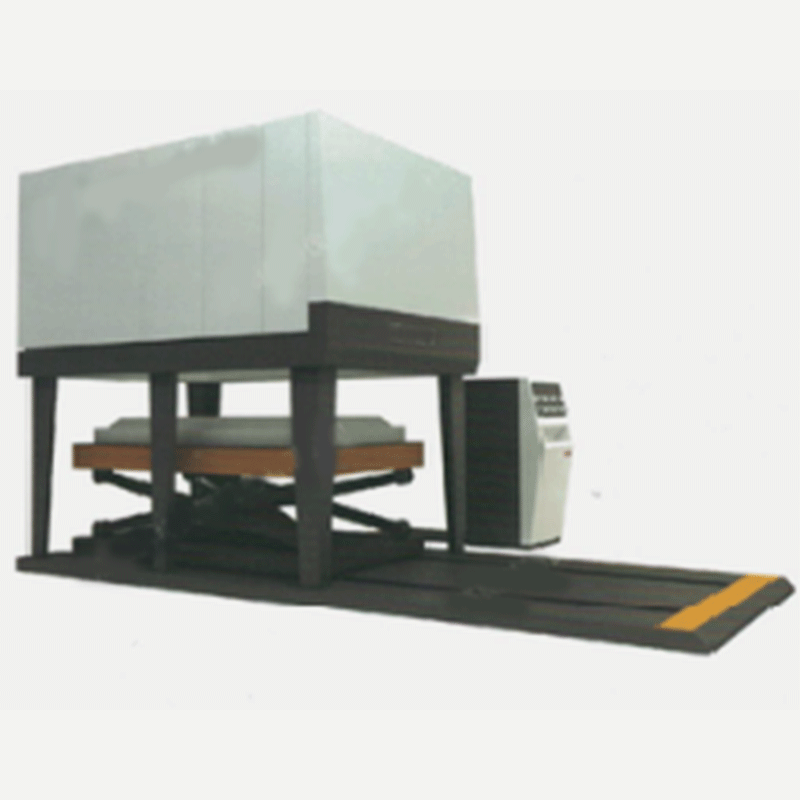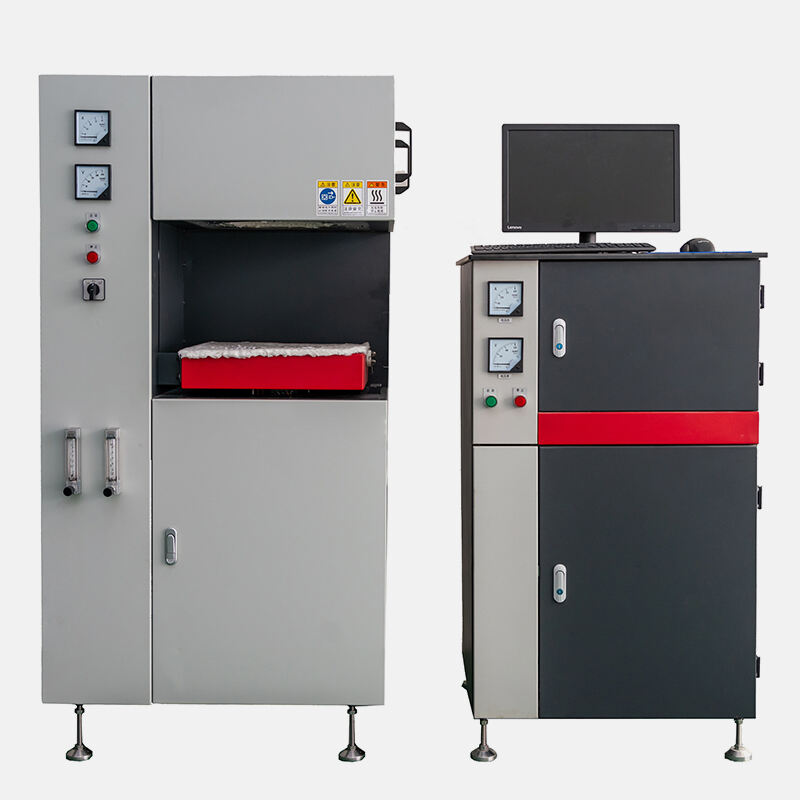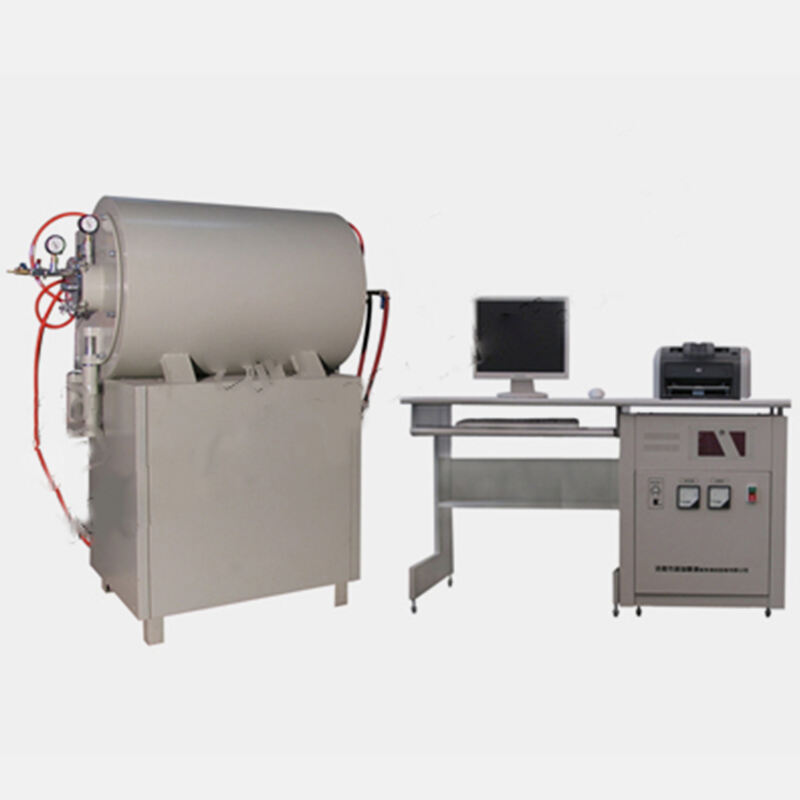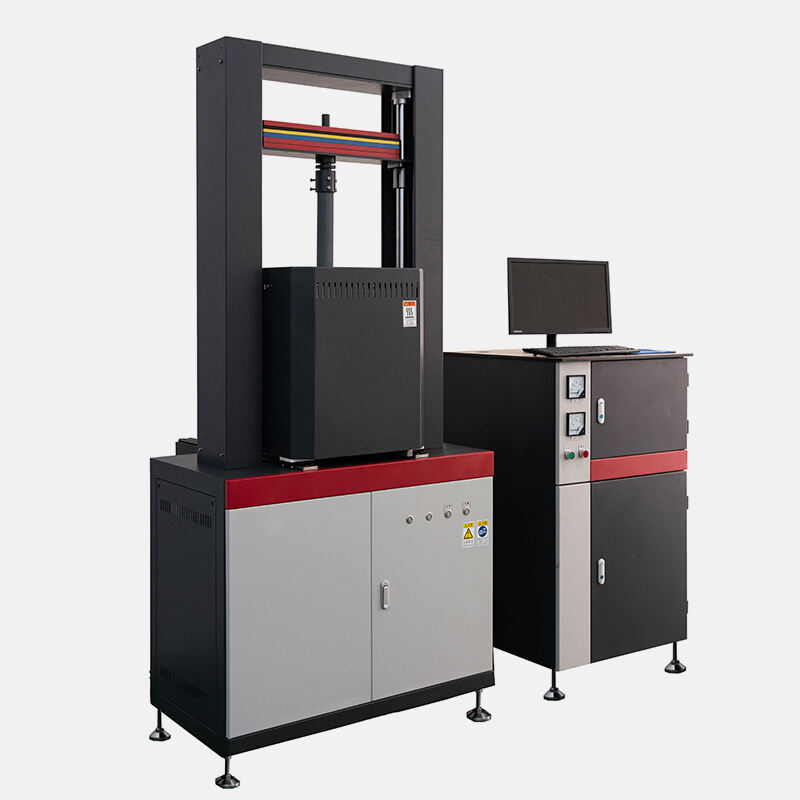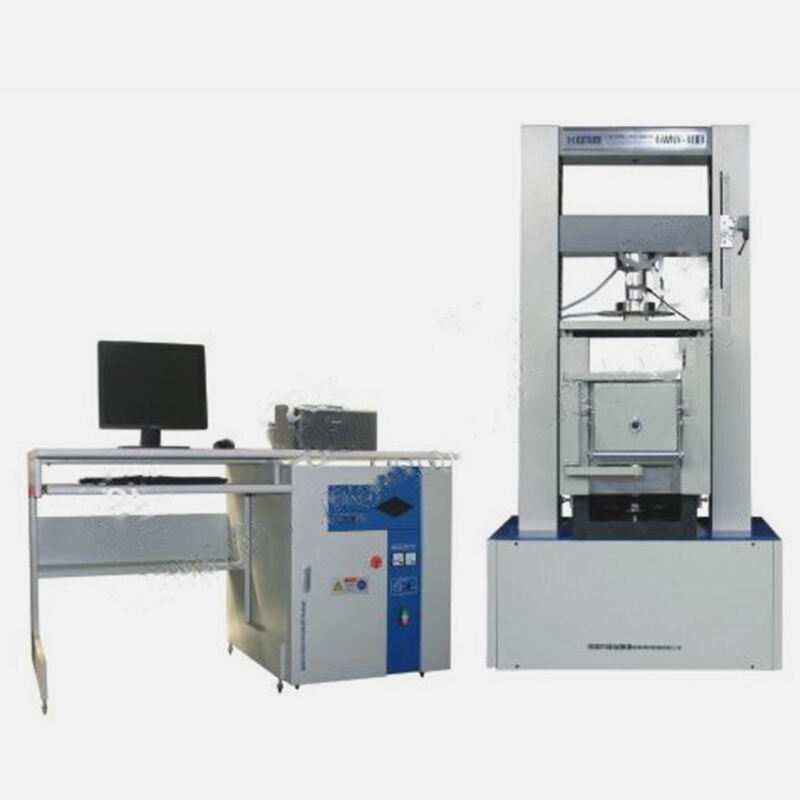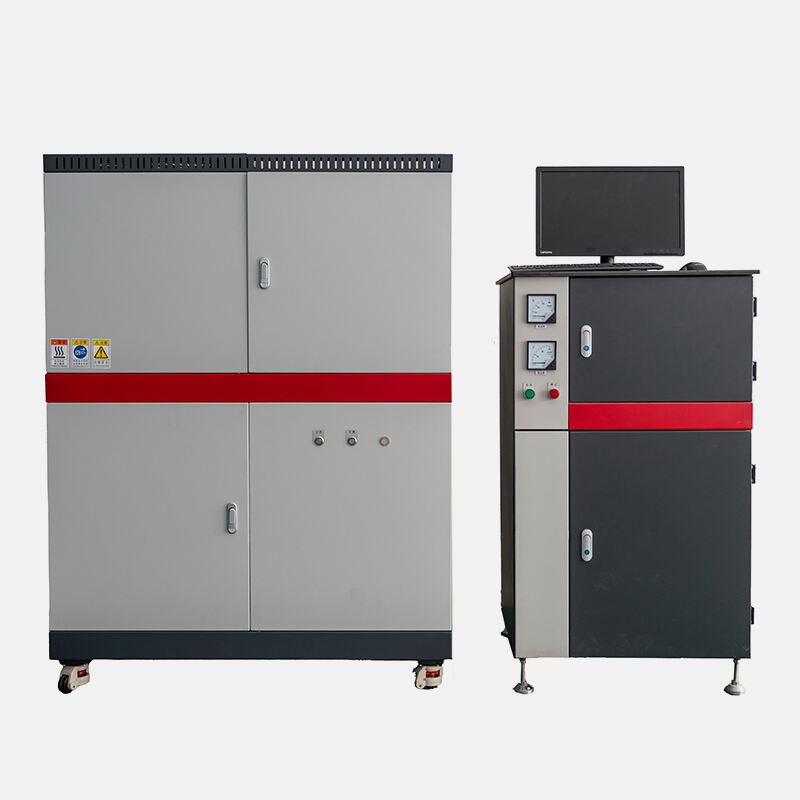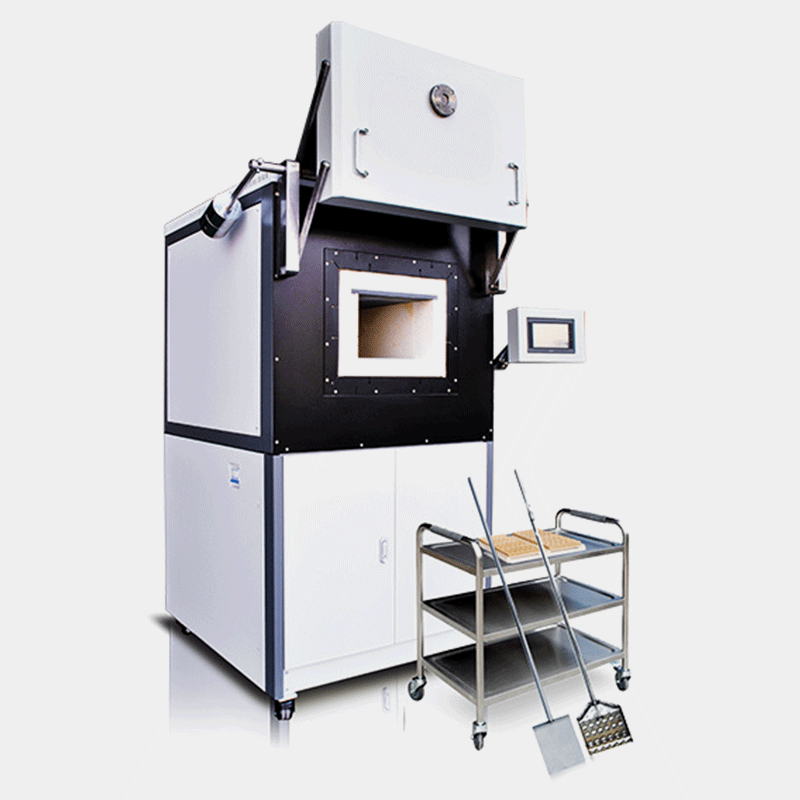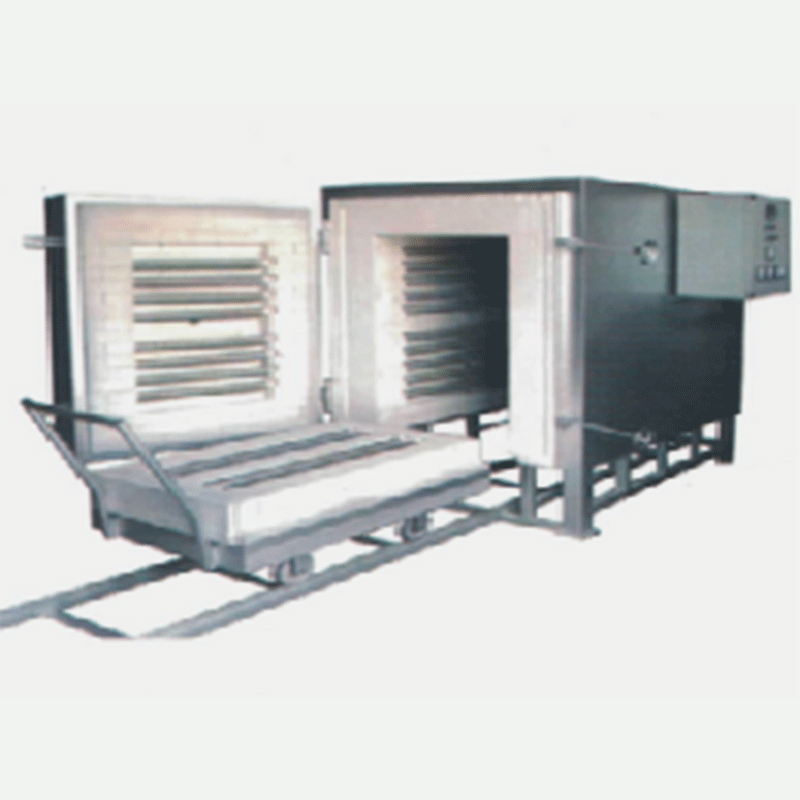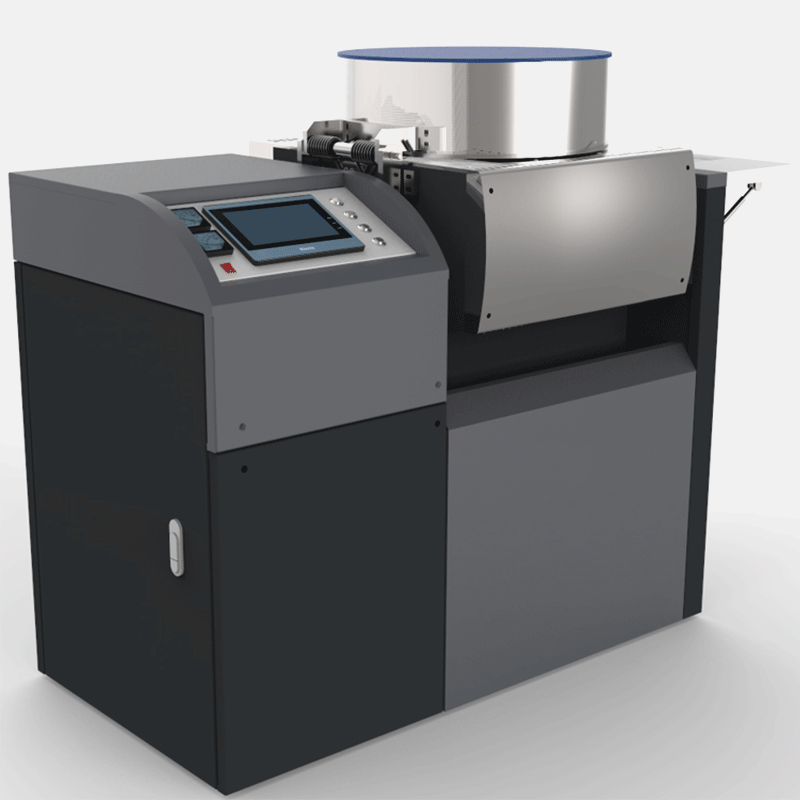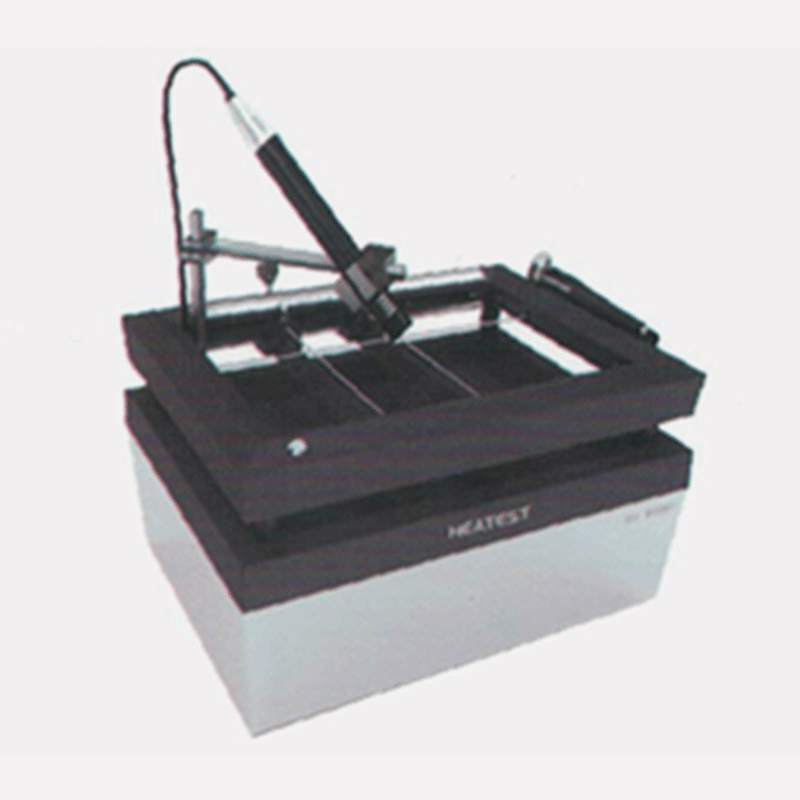¿Por qué es necesario probar el rendimiento a alta temperatura de los materiales refractarios? ¿Cuál es la función del ensayador de fluencia bajo carga a alta temperatura?
Los materiales refractarios desempeñan un papel fundamental en la producción industrial, particularmente en la fundición a alta temperatura, la metalurgia y la cerámica. Con el avance de la tecnología, los requisitos de rendimiento para los materiales refractarios se están volviendo cada vez más estrictos. Para garantizar la fiabilidad y seguridad de los materiales refractarios en aplicaciones prácticas, es crucial realizar pruebas de su comportamiento a alta temperatura. Este artículo explora por qué es necesaria la evaluación del rendimiento a alta temperatura de los materiales refractarios y el papel que desempeñan los instrumentos de ensayo de fluencia a alta temperatura.
UNO. ¿Por qué es necesaria la prueba de rendimiento a alta temperatura de los materiales refractarios?
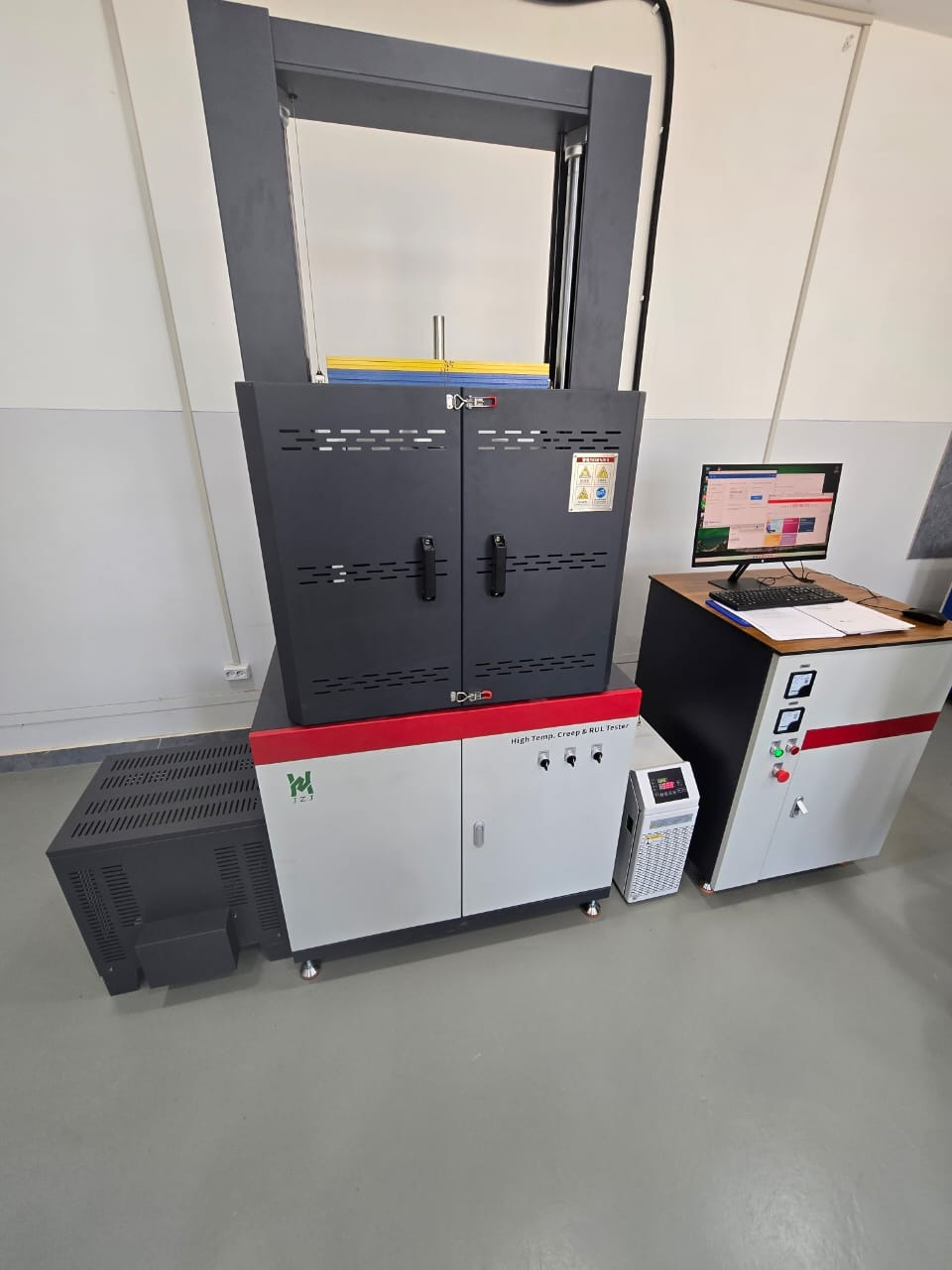
1. Garantizar la seguridad del producto
Los materiales refractarios se utilizan a menudo en hornos y hornillas de alta temperatura, entre otros equipos, donde están sujetos a temperaturas y presiones extremas. Bajo condiciones de alta temperatura, los materiales refractarios pueden ablandarse, deformarse o agrietarse, lo que representa riesgos para la seguridad. Por lo tanto, probar el rendimiento a alta temperatura de los materiales refractarios puede ayudar a identificar riesgos potenciales con anticipación y garantizar la seguridad durante la producción.
2. Mejora de la vida útil del material
El rendimiento a alta temperatura impacta directamente en la vida útil de los materiales refractarios. Factores como la estabilidad del material, la resistencia a la corrosión y la resistencia a la oxidación a altas temperaturas influyen todos en su vida útil. La prueba de rendimiento a alta temperatura permite seleccionar los materiales refractarios más adecuados para aplicaciones específicas, extendiendo así la vida útil del equipo y reduciendo la frecuencia de reemplazo y los costos de mantenimiento.
3. Optimización de las formulaciones de materiales
Las pruebas de rendimiento a alta temperatura proporcionan soporte de datos para la investigación y el desarrollo de materiales refractarios. Diferentes formulaciones y procesos de producción afectan directamente el comportamiento de un material a alta temperatura. Las pruebas pueden identificar el impacto de los distintos componentes del material en su rendimiento a alta temperatura, permitiendo optimizar las formulaciones y mejorar el rendimiento general.
4. Fomento del avance científico y tecnológico
Con el avance de la tecnología, surgen constantemente nuevos materiales refractarios. El rendimiento de los materiales tradicionales a menudo no cumple con las exigencias de la industria moderna. Las pruebas de rendimiento a alta temperatura permiten a los investigadores comprender mejor el comportamiento de los materiales bajo condiciones extremas, promoviendo así el desarrollo y la aplicación de nuevos materiales y avanzando el progreso científico y tecnológico.
II. ¿Cuáles son las aplicaciones de un medidor de fluencia a alta temperatura?
1. Evaluación del rendimiento a alta temperatura
Un ensayador de fluencia a alta temperatura puede medir con precisión las características de fluencia de un material a altas temperaturas, es decir, la deformación de un material a lo largo del tiempo bajo una carga determinada. Estos datos son particularmente importantes para evaluar la durabilidad y estabilidad de un material a altas temperaturas.
2. Investigación de las propiedades de los materiales
Al probar diferentes tipos de materiales refractarios, los investigadores pueden comprender el comportamiento de fluencia de diversos materiales a altas temperaturas, proporcionando una base para el análisis de propiedades de los materiales y la mejora de su rendimiento. Esto tiene una gran importancia para el desarrollo y perfeccionamiento de nuevos materiales.
3. ¿Qué es esto? Control de calidad
Durante el proceso de producción, un ensayador de fluencia a alta temperatura sirve como una herramienta importante de control de calidad, asegurando que los materiales cumplan con estándares predeterminados de alto rendimiento. Esto no solo garantiza la calidad del producto, sino que también mejora la eficiencia de producción y reduce la incidencia de productos defectuosos.
4. Orientación de los procesos de producción
Los resultados de las pruebas pueden ayudar a los fabricantes a optimizar los procesos de producción, seleccionar temperaturas y tiempos de sinterización adecuados, y mejorar el rendimiento del material a alta temperatura. Esto asegura un rendimiento óptimo en aplicaciones prácticas y mejora los beneficios económicos generales.
¿Por qué es necesario probar el rendimiento a alta temperatura de los materiales refractarios? Espero que la información anterior haya respondido sus preguntas. Con el avance continuo de la tecnología industrial, las pruebas de rendimiento a alta temperatura de los materiales refractarios serán cada vez más importantes en el futuro, contribuyendo al desarrollo sostenible de la industria.
Productos recomendados
Noticias Calientes
-
Trabajando junto con fabricantes chinos, la industria de níquel y mineral de hierro de Indonesia ha dado un paso sólido hacia adelante en su proceso de modernización: el equipo de automatización JZJ ayuda a mejorar la eficiencia y precisión en las pruebas.
2026-01-19
-
Imprescindible para principiantes. Una guía para evitar errores al comprar una máquina de ensayo de flexión a alta temperatura.
2026-01-12
-
De Nanyang a África Oriental: la tecnología china de "ensayo por fuego" ilumina el futuro de la industria minera de Kenia: el lanzamiento del laboratorio contenedor de equipos de análisis China-Kirguistán
2025-12-30
-
Características del horno de soplado de cenizas para prueba de oro
2025-12-22
-
Medición precisa de la "resistencia" de materiales a altas temperaturas: el equipo de ensayo de fluencia bajo carga a alta temperatura de Nanyang JZJ Testing Equipment Co., Ltd. se exporta a Estados Unidos.
2025-12-17
-
¡La elección confiable de los gigantes mineros africanos! Nanyang JZJ Testing inyecta un refinado "poder central" en la industria minera de oro de Zimbabue.
2025-12-08
-
Principio de funcionamiento y rango de aplicación del probador de abrasión a temperatura ambiente
2025-11-07
-
Los principales reactivos utilizados en el ensayo con fuego y sus funciones
2025-10-13
-
Le informa sobre el horno de soplo de cenizas por ensayo al fuego
2025-09-23
-
Máquina de prueba de refractariedad bajo carga (RUL) y fluencia en compresión (CIC): solución de problemas comunes
2025-08-25

 EN
EN
 AR
AR
 BG
BG
 FR
FR
 DE
DE
 HI
HI
 IT
IT
 PL
PL
 PT
PT
 RU
RU
 ES
ES
 TL
TL
 IW
IW
 ID
ID
 UK
UK
 VI
VI
 TH
TH
 TR
TR
 FA
FA
 MS
MS
 UR
UR
 BN
BN
 KM
KM
 LO
LO
 PA
PA
 MY
MY
 KK
KK

